The first album from the breakout star of New Jersey club rap isn’t quite the revelation its title suggests, but his breakneck sound remains intoxicating.
Any song backed by the iconic triple kick drum of a Jersey club beat is designed to test your speed and precision, and Newark rapper Bandmanrill is at the forefront of a new strain thriving in the Garden State. He’s far from the only East Coast spitter to embrace rapping over club music—the Philly and Baltimore club rap scenes are equally rich and adventurous—but his precise balance of breathless energy and swaggering cool has helped his voice rise to the top of the young subgenre. Early singles like “Heartbroken” and “I Am Newark” were propelled by his crisp chest-beating and tales of short-lived romance as much as their respective rhythmic pulses, a unique meld that’s helped Bandman focus the spotlight of TikTok and YouTube’s recent obsession with dance music back onto one of its cultural hubs.
While Jersey club and house music are in Bandman’s blood—his father is a club DJ—he’s not trying to limit himself. During a recent visit to On the Radar Radio, he revealed that his earliest songs had a melodic bent similar to New York stalwarts A Boogie Wit da Hoodie or Lil Tjay, and that his first foray into club rap came from a playful home studio session. He’s become as preoccupied with showing his range as he is with showing his history: “It’s a lotta talent in Jersey outside of rapping on club beats, but at the end of the day, that’s what we known for. It’s always gon’ be there regardless, so why not?” That isn’t to say Club Godfather, Bandman’s first full-length mixtape and Warner debut, is some massive stylistic shift. The vast majority of these songs move to the pulse of Jersey club, just with glossier production in the vein of the prestige rap coming from his neighbors in New York. Tracks like “Influence” and “Piano” scan as standard club rap made to sound a touch more expensive, like a velour jacket over a plain tee. The handful of experiments across Godfather are a mixed bag, but the breakneck sound Bandman made his name on remains intoxicating.
Much of the exuberance comes from frequent collaborator Mcvertt, who’s credited on nearly half the album and many of Bandman’s most popular songs to date. It’s a solid formula, and the most memorable examples seesaw between maximal and minimal renditions. “Bouncin’” is an early album highlight built around nothing more than a sped-up trumpet sample and drum loop. Its zany, stripped-back canvas gives Bandman and guest rapper NLE Choppa room to devour a beat that sounds equally fit to soundtrack a block party or a Scooby-Doo chase. Two collaborations with Bronx rapper Sha Ek (“Jiggy in Jersey,” Who You Touch”) take a more maximal approach, mixing in the moody accents and rumbling bass of New York drill. Club rap and drill share similar structure and content but differ in rhythm and texture: Club music skews bright and peppy, while drill seethes beneath menacing grooves. Bandman and Ek’s blend of the two feels natural, and their respective breathy delivery and slick talk form a lethal yin-yang—they cram more excitement into the 108 seconds of “Who You Touch” than many rappers coax out of entire albums.
Godfather trips over itself when it takes a few abrupt left turns. Mid-album cut “Don’t Mix” abandons club music for a stab at pain-rap balladry that lands like a forgotten Polo G deep cut. If Bandman wants to continue expanding, he should stick with ideas like “Beautiful Diamonds,” which gleams with pianos and a shimmering vocal sample from Yoyis’ 2021 song “Diamond Eyes” that sounds airlifted from the stadium-ready EDM of the 2010s. The song feels ready to derail at any moment, but a subdued kick drum grounds Bandman in the rhythm as he celebrates victory against the odds. The touch of melody he brings to the second verse (“I told my niggas we next/We gon’ stack up this money and flex”) does more to sell the line than the writing, and the armor of his self-belief holds the song together.
Up to this point, Bandman has been known as a singles artist. Viral hits have minted many a star, but even the most confident spitters can hit a brick wall when it’s album time. Club Godfather isn’t quite the revelation its title suggests and half the tracklist is made up of previously released, albeit very enjoyable, songs. But its best tracks are unnervingly catchy—and Bandman, who’s effectively a pioneer of a subgenre that has yet to truly take off, has more than enough skill and presence to carry them. He’s not here to change your life or make you think too hard; he just wants to see if you can keep up.

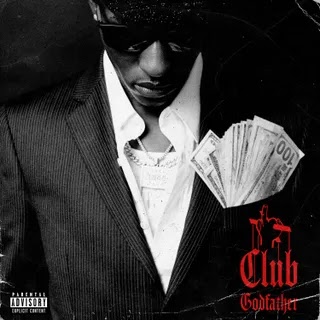








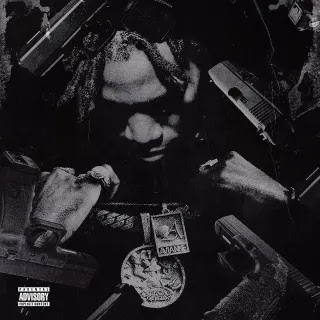
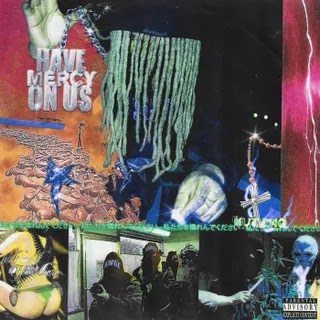
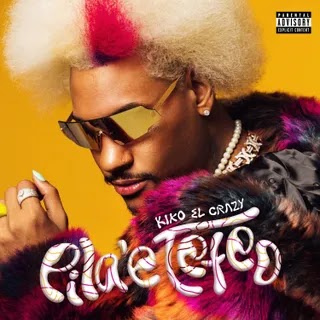

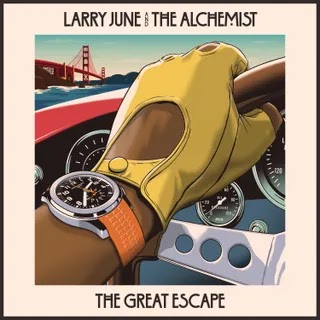

0 comments:
Post a Comment